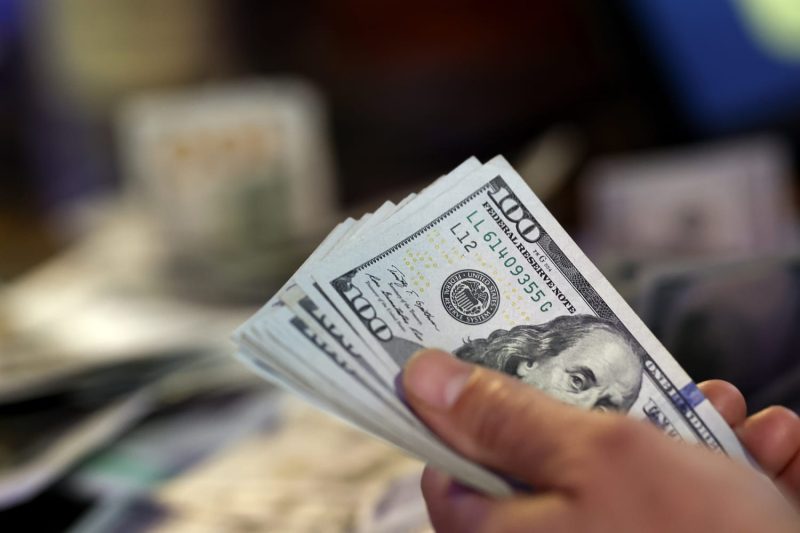In a recent analysis conducted by economic experts, concerns have been raised regarding the possibility of an upcoming recession. This prediction has prompted many individuals to reevaluate their financial preparedness and highlight the importance of having sufficient emergency savings in place.
The uncertainty surrounding the global economy, combined with various economic indicators pointing towards a potential downturn, has led experts to suggest that individuals should increase the amount of money they have saved for emergencies. This recommendation stems from the understanding that a recession can bring about unforeseen challenges such as job loss, reduced income, or unexpected expenses.
While the ideal amount to have in emergency savings varies depending on individual circumstances, experts recommend having at least three to six months’ worth of living expenses saved in a liquid and easily accessible account. This buffer can provide a financial safety net in case of emergencies and help individuals weather temporary financial setbacks without having to rely on high-interest credit cards or loans.
Setting aside a portion of each paycheck towards emergency savings is a proactive step that individuals can take to build a financial cushion. Additionally, cutting down on unnecessary expenses and reevaluating spending habits can free up extra funds that can be directed towards building emergency savings.
It is essential to keep emergency savings separate from other accounts to prevent the temptation of dipping into these funds for non-essential purposes. By maintaining a clear distinction between emergency savings and regular spending, individuals can ensure that this financial reserve is available when needed most.
In conclusion, the possibility of a recession serves as a reminder of the importance of being financially prepared for unforeseen circumstances. By heeding the advice of experts and prioritizing the building of emergency savings, individuals can mitigate the potential impact of a downturn on their financial well-being and safeguard themselves against unexpected challenges. Start building your emergency savings today to ensure a more secure financial future.
